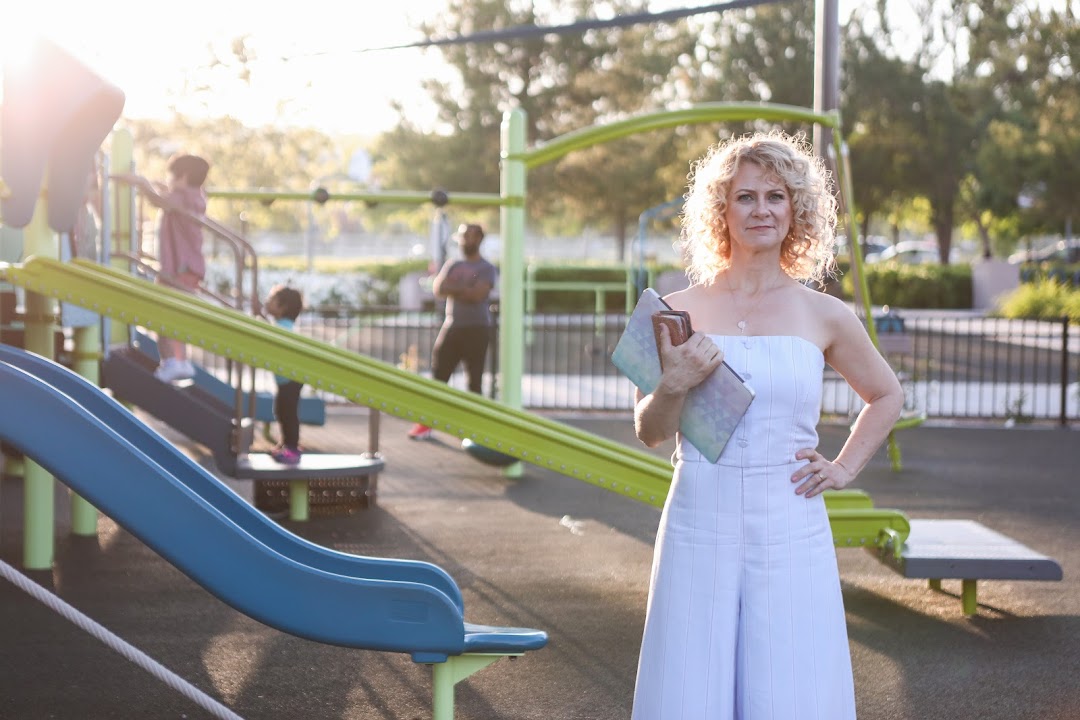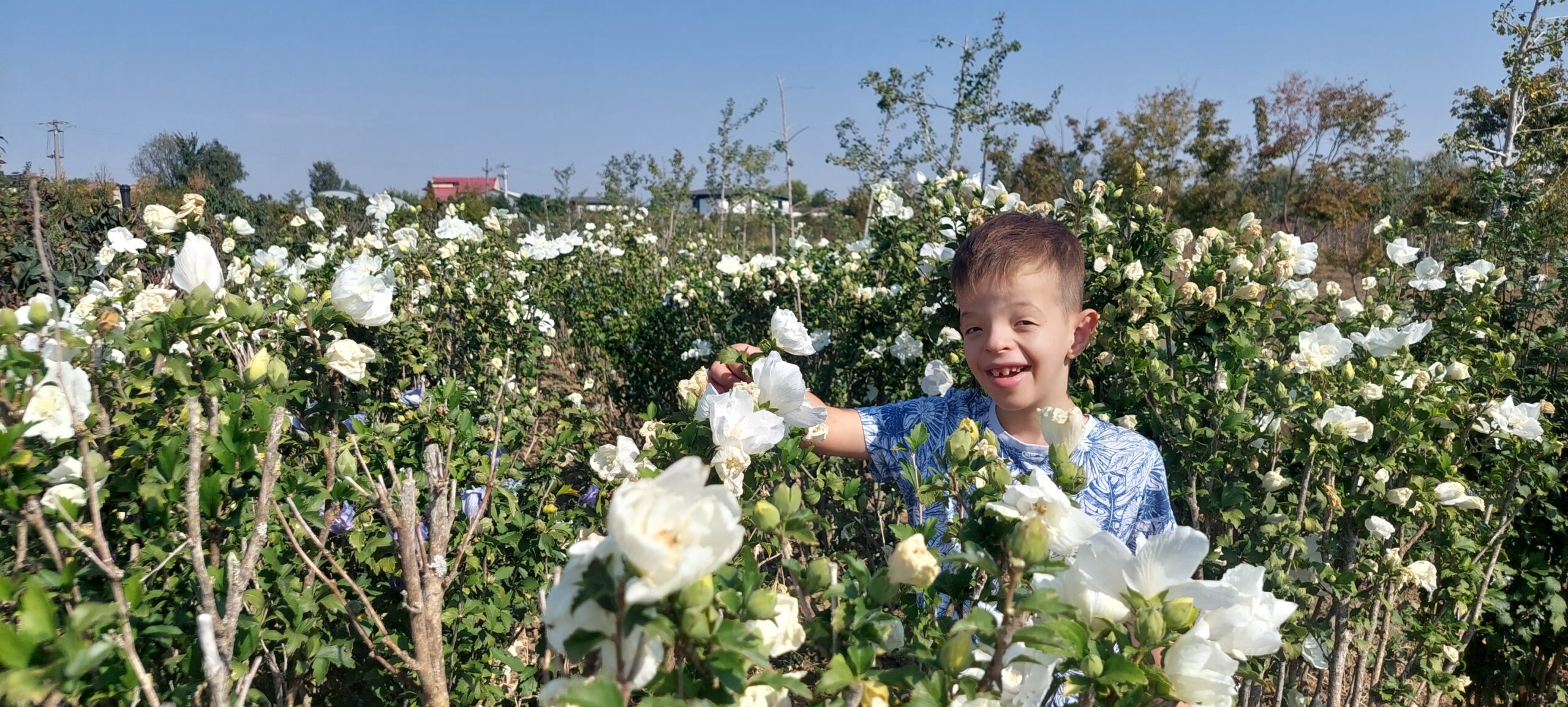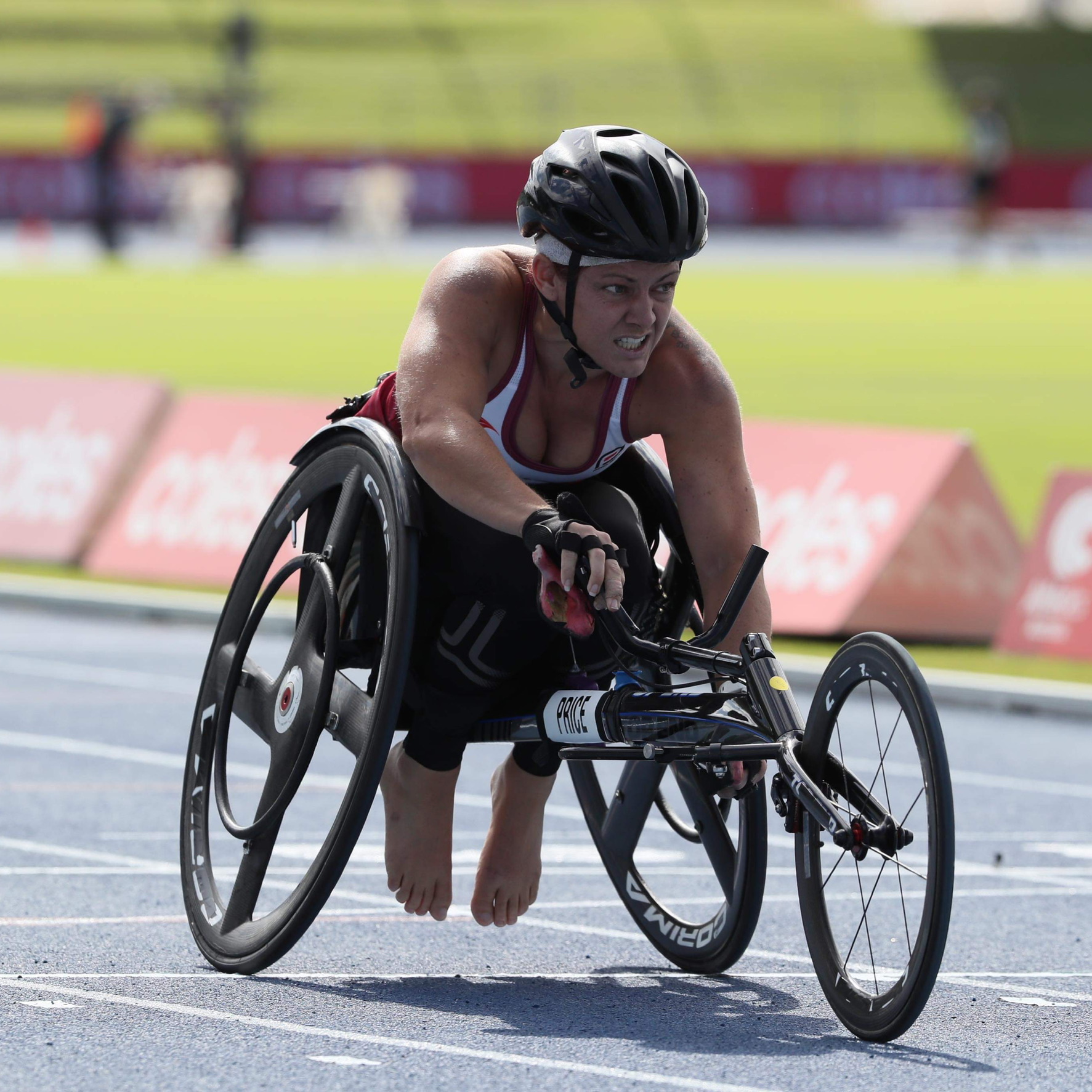Supporting premature babies & their parents
Scottish Member of Parliament David Linden has experienced twice what it’s like to have a child born prematurely.
“It’s an incredibly traumatic experience,” he tells This Is MedTech. Although both of David’s children arrived six weeks early, the birth of his younger child, Jessica, was especially harrowing. “She turned blue because she was struggling with her breathing. It was several minutes before we could get a chance to actually see her and hold her, and even at that, it was only for a few seconds before she was swept away to intensive care,” he explains.
It’s estimated that about one in 13 babies will be born prematurely in the UK, according to Bliss, a charity that supports babies who are born ill or premature (before 37 weeks of pregnancy). This can mean stays in special care baby units or neonatal intensive care unit for days, weeks or even months. These units are buzzing, beeping and flashing with medical technology that supports babies to breathe, receive nutrients and stay warm, among other vital functions.
Jessica was on a ventilator that blew air and oxygen through a tube from her nose into her lungs. She was also connected to various monitors to check her breathing rate, heart rate, blood pressure, temperature and oxygen levels. Nutrients and medication were given via an intravenous drip as well as through a feeding tube. It’s a daunting image for any parent.
“Special care baby units, and in our case neonatal intensive care units, are immensely challenging environments to go into,” David notes. “Jessica was in intensive care for three or four weeks. Although we had the option to speak with a psychologist, it was tough. Having to hold your child’s small fingers through the holes in the incubator is a particularly difficult thing to do. But ultimately, it’s worth it because they’re making sure the child is well and that they’re getting better.”
Once she was well enough to leave hospital, there were other challenges. “Your life just goes on pause for months. Just because you go home from there, doesn’t mean it’s over. Jessica was on oxygen 24/7 for another seven months after she got home,” David notes. “So, it’s not just the impact of being on the neonatal unit. It’s also what happens when you go home as well.”
Because Jessica’s lungs weren’t fully developed, she had difficulty breathing on her own and the oxygen was there to help her. Infants who are oxygen dependent are often discharged home with an apnoea monitor to alert parents of potential signs of respiratory distress. “We didn’t have an apnoea monitor which I would have found a lot more reassuring, but the doctors said this was not required,” says David. Other challenges were of a more practical nature. “We have a four-year old son who regularly tripped over or accidentally disconnected the 40-foot tubing!”
David’s experience has led him to advocate for better parental support during these difficult times. “I want to make sure that the experience that other parents go through is a thoroughly better one than we had. If I can use the position I’m in as a Member of Parliament, then I’m going to do that.”






